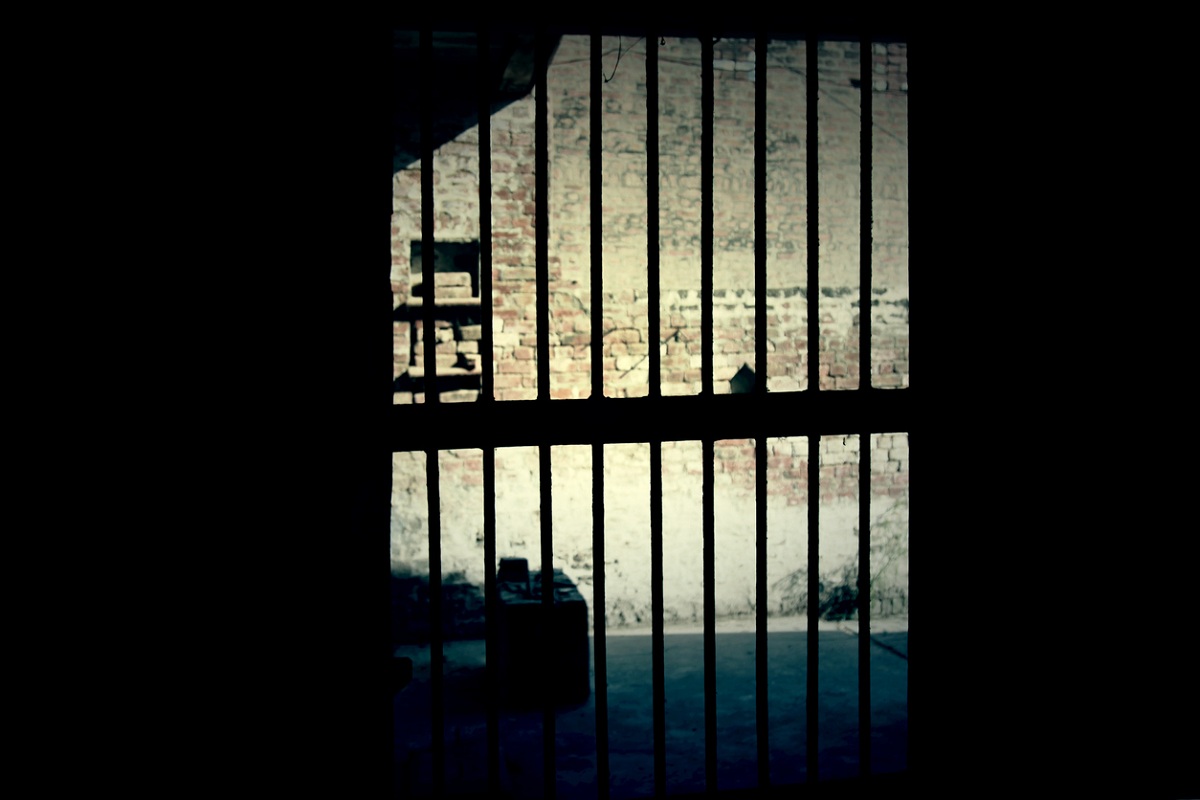“I was arrested at the age of 17 and was put in an adult jail. On being asked about my age by the arresting officer, I told it was 17 but they wrote it as 19, and I had no proof to prove my age. Many visiting judges and magistrates asked me about my problems, but nobody helped,” says Rashmi, a child in conflict with law about the unlawful arrest she faced six years ago.
A report on “Incarceration of children in prisons in India” was released by iProbono, a social justice organisation here recently. The report is a study on how minors end up in adult prisons even though it goes against the due process of law under the Juvenile Justice (Care and Protection of Children) Act, 2015.
Advertisement
The study is based on two objectives – to compile a comprehensive state-wise dataset on the number of children in conflict with the law (CCLs) who were detained in central and district jails and transferred to childcare institutions. The second is to assess whether the Juvenile Justice Boards (JJBs) are playing an active role in preventing the incarceration of children in adult prisons by visiting them.
The report relies on data obtained under the Right to Information (RTI) Act between April 2022 and March 2023. As many as 124 RTI applications were filed across 28 states and two Union territories. The study found that at least 9,681 children were wrongly incarcerated across the country between January 1, 2016 and December 31, 2021.
Former Supreme court judge Justice S Ravindra Bhat said it is not the responsibility of citizens, but the stakeholders and the state to prevent such wrongful incarceration of minors.
“The state is the parent and is stealing the childhood of the citizens. People in prison are all victims of a mindless system because they either lose hope or do not have any vision. They are denied all those rights, facilities and opportunities that are taken for granted by us,” he said.
He said that the juveniles are not children in conflict with law but those in need of care so there should be expanded identification and provision of legal aid.
“I feel in such cases (of wrongful confinement), the government has to be sued and asked to pay monetary compensation to the victims,” Bhat added.
Talking about systemic responsibilities and loopholes, the experts said the Delhi High Court had held that once the JJB has decided on the age of the child, the same could be used as an age document for the future, but the police fails to follow it.
“One of the reasons why one fails in bringing a reform is not holding officers personally accountable for their actions. There is a strong stigma in the society against juveniles and stakeholders feel their time, energy and compassion is not worthy of such cases and find it troublesome,” an expert present at the event said.
Geetanjali Prasad, advisor at iProbono, said the limitations of this study as spoken by are that the report does not cover all prisons in the country and is primarily focused on state and central prisons. On investigating why the numbers of incarceration of children are high, “the lack of infrastructural resources like no observation homes and no safety spaces for minors, vulnerability of certain classes and marginalisation” was found.
The system is getting diluted and a minor has to face dual punishment as they stay in solitary confinement until their medical examination report is received. So, who should be the point of responsibility for incarceration of children inside the jails?
Sunil Gupta, former legal advisor for Delhi jails, added, “As one of the members of the Drafting Committee of Delhi Jail Manual and Delhi Prison Act 2000, I added in it that it is the personal responsibility of the jail superintendent that no juvenile is put into adult jail.” He further stated, “Jail reforms begin when a tragedy happens.”









